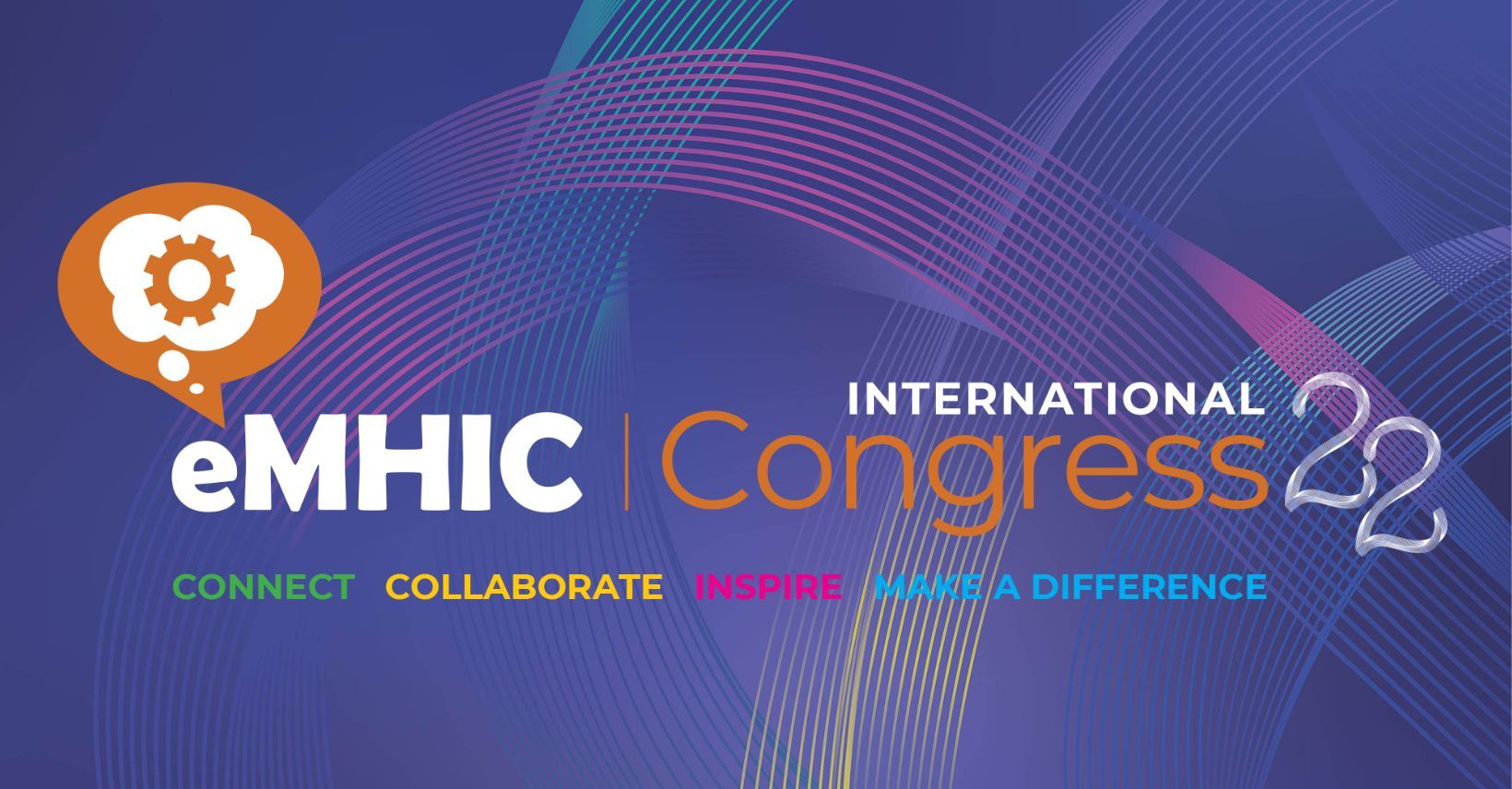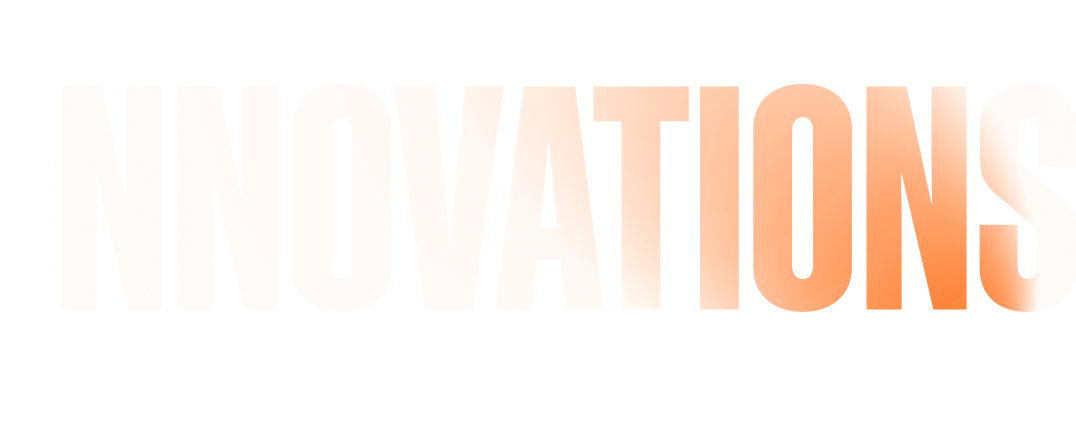eMHIC Digital mental health conference reflections and insights from the EI team

eMHIC has happened! Across the week of 7-11 November 2022 in Auckland, NZ an international delegation of advocates and leaders with experience and expertise in digital mental health came together to exchange and collaborate in the development of how we apply and utilize technology within mental health services. Inspiring potential innovation alongside creating ethics, safety frameworks and accountability in this global digital world without borders representatives from Singapore, USA, Spain, England, Phillipines, Australia, Sweden and Canada joined NZ organisations and delegates across 10 days of meetings with health services, hosting of think-tanks and focused discussions alongside a 2 day conference on the 10th and 11th, emceed by our director at EI, Taimi Allan.
One of the positive elements of the congress was focusing on the positive aspects of technology and how it is improving people's lives and mental experiences. This congress felt like the beginning of true global collaboration on some of the issues we share collectively across the world
From social needs to ethics and issues of law to robotics, AI and VR applications many topics were covered. From high tech explorations to low tech solutions and use of the digital space to better provide services to users including SM innovations, from organizational digital systems to data collection and application of this data: eMHIC did its best to touch an array of information and activity happening globally in the digital space.
Pat Deegan from USA was the keynote speaker who shared about Common Ground, a service designed, delivered and run by people with lived experience. In the US mental health clients get 15min appointments with their clinician to discuss and design their treatment journeys. Common Ground provides peer supports to enable and empower users attending their clinical appointments to be more prepared to be able to articulate and access what they want and need in their recovery within the highly restricted time window of 15mins. This community-based service has expanded around the country and highlights the success of lived experience insight catalysing innovation.
Covid has continued to influence both our awareness increasing around mental health, normalizing this in context of social health, not just as an individual health issue, and to find ways to leverage digital technologies to provide service and access to service across different generations. Mapping our way forward mindfully is the opportunity and challenge that eMHIC brings focus to as we shape ourselves digitally now and into the future in real time.
Exciting takeaway’s :
The team were excited by the International expertise on tech applied to mental health support services and tools that was present in the room and to feel how NZ is playing a lead role in global collaboration. The potential for minimum standards of codesign to be defined and upheld across this network also generated excitement.
The use cases for AI brought a kind of nervous excitement. While we know it's coming and will affect how services are developed, which is exciting, there is also the important matter of deciding how we apply it, and we acknowledge there is some nervousness around how it is applied and who makes those decisions based on whose values and priorities.
The commitment from some of the world’s foremost leaders in e-mental health to lead innovation from within in the system was another positive take-away. We also acknowledge the tangible
inclusion from the conference organisers and eMHIC board for both lived experience and entrepreneurs from outside the system to attend and contribute to the conversation. It seems like the connectivity necessary across the globe and between countries to grow, to shape and to navigate together the digital world that has no borders is happening.
Gaps and Challenges to work on:
At the same time, the blaringly obvious lack of diversity in the room was observed, most notably the lack of indigenous voices. Though indigenous people’s as a target group was often referenced and discussed and data shared about them our whole team reflected on the lack of representation in the room that is still occurring. As we develop forward our mental health plans and collaborate globally to enable these strategies and actions to best provide for those that need them this exclusion from the room needs to be reversed. The rhetoric of policy and agenda’s needs to be felt and believed authentically and this is being undermined by the lack of commitment to action these intentions and requirements to be able to grow equity and to reduce mental distress across diverse cultures and populations. To do so with the openness of true collaboration and co-design with indigenous worlds not only enables us to live up to our words but further provides the opportunity for innovation, even in the conference structure itself. Something for eMHIC to continue to evolve itself through deeper committed engagement with indigenous worldviews, leaders and organisations. It's heartening to know in speaking to the organisers that eMHIC knows this is something they need, and want to get better at.
A key challenge we noted were the obstructions that still exist in our systems holding back emerging technical solutions from becoming integrated into mainstream mental health service delivery and to be accessible throughout public health systems. On top of this systemic change challenge is the complexity of how different generations respond differently to digital health. Gen Z for example prefer or are comfortable to engage with support through digital options whereas over 50’s in general prefer to initiate and engage with support services face-to-face.
It is so important that in digital health offerings there is accountability, that people are safe, and that we can all have confidence in these offerings. As one of our team put it, the ‘wild west’ of mental health and wellbeing apps, needs on-going work to vet and accredit these sorts of solutions.
We do however see a lot of complexity in how we do that in ways which embrace innovative and potentially powerful approaches and make sure we’re not closing our minds to new thinking because of perceived (rather than actual) risk. This comes back to a fundamental aspect of the codesign discussion ie who is making the decisions, and what experience / knowledge systems are we preferencing through that process?
That our digital environment has impacted our lives in ways that have been negative for our mental wellbeing, such as making our lives more isolated, could be acknowledged as common fact by way of common experiences and perceptions as well as research. This provides the ironic challenge for us to not get too carried away by new opportunities to innovate tech but instead to invest in assessing comprehensively whether digital tools can service the need for connection that face-to-face interactions provides or can replace in-person therapies. This is true for individual therapies as well as group therapies.
The challenge then for digital and non-digital interventions, when we agree on the experiences we are shifting for people, is how do we quantify, validate and measure the impact we are having.
This brings us to Data and the use of it! Such a complex area rife with issues of privacy and protection. There seems to be 2 clear camps: applications of data-use as tool for user’s to track own
progress vs applications of data-use as scientific tool. What is obvious is that a clear process to maintain integrity in the way data is obtained and used and purposed for researchers, for the development of new tools and resources and for the sector development needs to agreed upon globally.
And lastly, ethics in the intersection between tech and mental health is another significant challenge we need to grapple with now, in real time as technology continues developing at its exponential pace, particularly in AI, robotics and App development. eMHIC's legal special interest group is tackling this issue proactively, and we also heard speakers from Sweden, Canada, Australia, the USA and Spain address this challenge directly with their national and international programmes focusing on ethics, efficacy and safety of this emerging technology. This was great to hear the pro-active and aware approach to this complex challenge.
Clearly the gaps and challenges noted are more extensive then the excited takeaways, but this is part of any process of development, that we articulate the challenges in detail so that we have the focus to work through and resolve them.
Key questions and opportunities:
We wrap this overview with our own articulation of possibilities through our investigative questioning. As Ember Innovations how do we help service providers in the system to identify and assess potential solutions, and how do we enable the sector workforce to be confident and competent in their use?
An exciting opportunity would be to set up effective ways to showcase new and varied solutions to existing providers and then support managers to build them into their service delivery processes and enable workforce capability.
This sits alongside the continual effort to address systems around access to these services. A good example of great service innovation That is stifled by systemic issues is Whakarongorau’s new tele-service Puāwaitanga, co-designed with tangata Māori. It offers western clinical talk therapy support but they have integrated into it that the first point of contact user’s have is with a tangata Māori. Unfortunately chronic workforce issues mean there is a serious shortage of Māori therapists for users to speak with. We heard from all over the world that upskilling and retaining a diverse workforce is a major challenge everywhere. On top of that, the service is only available to those on a Work and Income benefit, because it is funded in part by MSD. The other option is only through a GP. When a lot of Māori experiencing mental distress aren’t engaged with the health system or have a GP or for the many not on a benefit, they cant access this service.
These issues obstruct Whakarongorau’s efforts to act upon the co-design of a tele-service for Māori by Māori, and seriously limits access for Māori based on systemic bias and over-restrictive funding parameters.
The question of what safe and effective innovation looks like for mental health and wellbeing is absolutely foundational not only to our team but to everyone working in this space.
Peer-led initiatives have been shown to encourage those with more complex needs to engage with services. Digital can also help due to it being a little more anonymous or less intimidating to initiate engagement for the service user. Services such as Awhi-Ora which began from Tamaki Health’s collaboration with Peer Support Providers is a great example of a peer-led service in Primary Care. They have found that the less expensive methods of actual human interactions has been the most effective in engaging people in services to get people well and keep them well. How can we all support the re-directing of much more funding from clinical services of talk therapy towards peer-led services? Or stimulate more innovation and collaboration between clinical and lived experience in co-design?
Between the team, we were fortunate to attend every event , and in her role as emcee, Taimi was honoured to meet and speak to all of the presenters and shares her excitement in the future release of eMHIC report which will pull together all the actions our think-tank and dignitaries agreed on forwarding in terms of organisational, societal and governmental changes.
As a final reflection Taimi shared with us a particularly interesting and long conversation with UN ambassador Judy Kurianski on what we might achieve together if we were all to join the advocacy around removing Mental Health and Addiction from underneath the WHO and UN's Sustainability Development Goal banner of "non-communicable disease" into it's own focus area. We strongly believe mental health and wellbeing needs a focus all on it's own as a world priority, and in doing so, would forward the political change needed globally for mental health innovation and solutions-focussed design to be commissioned sustainably. This work as well as the opportunities quietly presenting themselves via UNICEF (watch this space) will ensure our advocacy around innovation has international impact.

